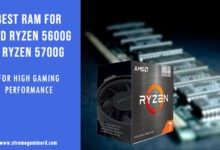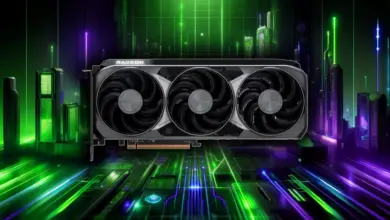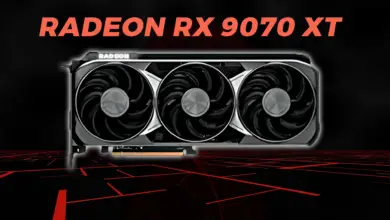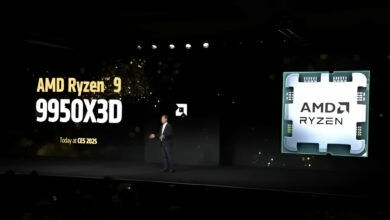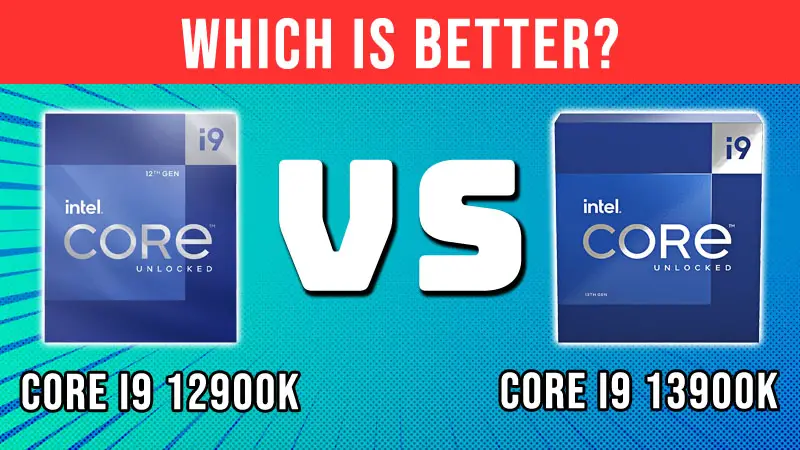In ever-evolving computer hardware, the CPU (Central Processing Unit) performance remains a pivotal element that dictates the speed and responsiveness of your computer.
Understanding the factors that influence CPU performance is essential for both tech enthusiasts and casual users alike.
In this comprehensive exploration, we delve deep into the intricate web of components, settings, and behaviors that can significantly impact the performance of your CPU.
1. CPU Architecture

At the core of CPU performance lies its architecture. Different CPU architectures, whether they belong to Intel, AMD, ARM, or other manufacturers, exhibit distinct characteristics that can profoundly affect how they handle tasks. For instance, a CPU with a higher clock speed may excel at single-threaded tasks, whereas CPUs with more cores and threads may shine in multithreaded workloads. Additionally, architectural improvements over generations, such as increased cache size, enhanced instruction sets, and improved power efficiency, can deliver notable performance boosts.
2. Clock Speed (Frequency)
The clock speed, often measured in gigahertz (GHz), represents the speed at which a CPU executes instructions. Higher clock speeds generally result in faster task execution. However, it’s essential to note that a higher clock speed alone does not guarantee better overall performance. The effectiveness of clock speed depends on the specific workload. Single-threaded applications tend to benefit more from high clock speeds, while multithreaded tasks may rely on a balance between clock speed and the number of cores.
3. Number of Cores and Threads
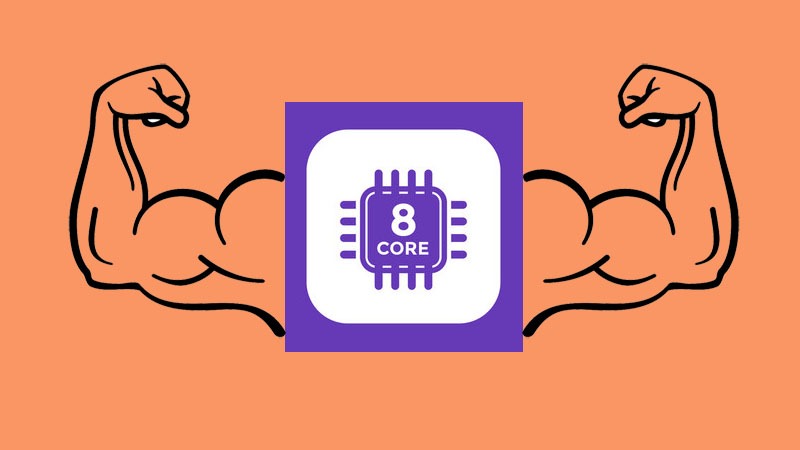
Modern CPUs come in various configurations, offering different numbers of cores and threads. Cores are the individual processing units within a CPU, while threads represent the CPU’s ability to handle multiple tasks simultaneously. CPUs with more cores and threads can excel in multitasking and parallel processing, making them ideal for tasks like video editing, rendering, and scientific simulations. However, not all applications can fully utilize multiple cores, so the relevance of core count depends on your typical workload.
4. Cache Size
Cache memory is a small, high-speed memory storage unit located on the CPU die. It plays a crucial role in CPU performance by providing rapid access to frequently used data and instructions. A larger cache size can lead to improved performance, especially in tasks that involve frequent data retrieval, such as gaming and database operations.
5. Thermal Design Power (TDP)
TDP is a measure of the maximum amount of heat generated by a CPU under load. It influences the CPU’s power consumption and thermal characteristics. CPUs with lower TDP values tend to consume less power and generate less heat, making them suitable for energy-efficient systems and laptops. On the other hand, high-performance desktop CPUs often have higher TDP values to accommodate demanding tasks.
6. Cooling Solutions
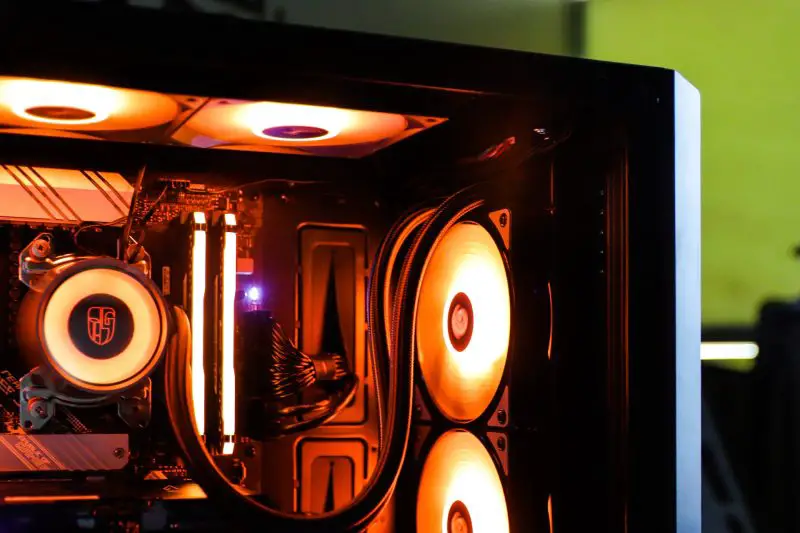
Effective cooling is vital for maintaining CPU performance over extended periods. Inadequate or inefficient cooling solutions can result in thermal throttling, where the CPU reduces its clock speed to prevent overheating. Investing in a quality cooling solution, such as air or liquid cooling, can help ensure stable and consistent CPU performance, especially during intensive workloads.
7. Overclocking
Enthusiasts and power users may explore overclocking to push their CPUs beyond their stock clock speeds. Overclocking can yield performance gains, but it also requires careful consideration of voltage settings, cooling solutions, and system stability. Overclocking can increase CPU performance, but it can also lead to higher power consumption and heat generation. On the other hand, it should be kept in mind that overclocking voids CPU warranty.
Related: Best CPU Overclocking Tools
8. Software Optimization
Efficiently coded software can significantly impact CPU performance. Applications that are optimized to take advantage of multithreading, parallel processing, and hardware acceleration can run faster and more efficiently on modern CPUs. Keeping software up-to-date and leveraging performance-enhancing features can lead to noticeable improvements.
Final Words
CPU performance is influenced by a multitude of factors, from architectural design and clock speed to core count and cache size. Understanding these factors allows users to make informed decisions when selecting a CPU for specific tasks and optimizing their systems for peak performance.
Whether you’re a gamer seeking higher frame rates, a content creator demanding faster rendering times, or a casual user looking for a snappier computing experience, grasping the intricacies of CPU performance can help you harness the full potential of your computer.
